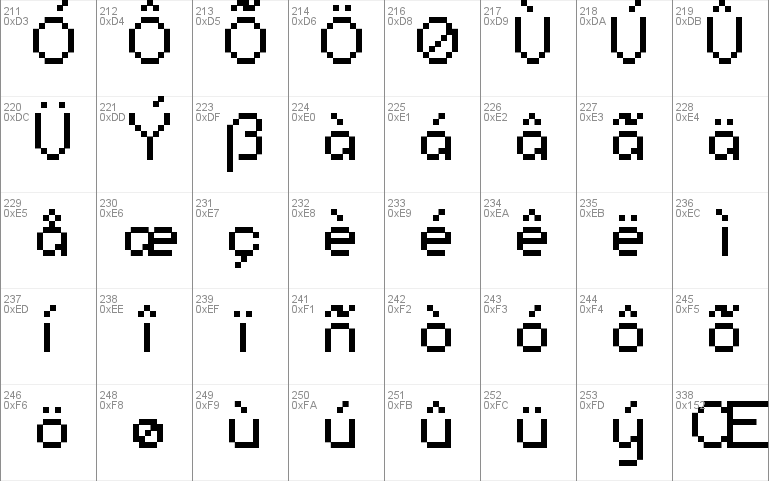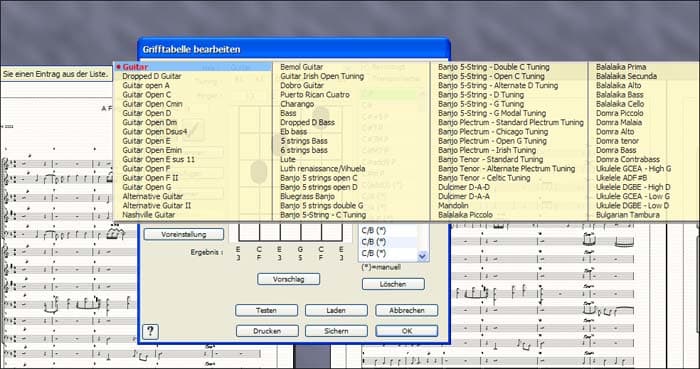

気 is the Japanese shinjitai ("new character form") kanji.氣 is the traditional Chinese character, Korean hanja, and Japanese kyūjitai ("old character form") kanji.In the East Asian languages, qì has three logographs: The etymology of qì interconnects with Kharia kʰis "anger", Sora kissa "move with great effort", Khmer kʰɛs "strive after endeavor", and Gyalrongic kʰɐs "anger". Reconstructions of the Old Chinese pronunciation of 氣 standardized to IPA transcription include: /*kʰɯds/ (Zhengzhang Shangfang) and /*C.qʰəp-s/ ( William H. Reconstructions of the Middle Chinese pronunciation of 氣 standardized to IPA transcription include: /kʰe̯i H/ ( Bernard Karlgren), /kʰĭəi H/ ( Wang Li), /kʰiəi H/ ( Li Rong), /kʰɨj H/ ( Edwin Pulleyblank), and /kʰɨi H/ ( Zhengzhang Shangfang). Pronunciations of 氣 in Sino-Xenic borrowings include: Japanese ki, Korean gi, and Vietnamese khí. Pronunciations of 氣 in modern varieties of Chinese with standardized IPA equivalents include: Standard Chinese qì /t͡ɕʰi˥˩/, Wu Chinese qi /t͡ɕʰi˧˦/, Southern Min khì /kʰi˨˩/, Eastern Min ké /kʰɛi˨˩˧/, Standard Cantonese hei 3 /hei̯˧/, and Hakka Chinese hi /hi˥/. The logograph 氣 is read with two Chinese pronunciations, the usual qì 氣 "air vital energy" and the rare archaic xì 氣 "to present food" (later disambiguated with 餼). Possible etymologies include the logographs 氣, 气, and 気 with various meanings ranging from "vapor" to "anger", and the English loanword qi or ch'i.

The cultural keyword qì is analyzable in terms of Chinese and Sino-Xenic pronunciations. ( January 2017) ( Learn how and when to remove this template message) Unsourced material may be challenged and removed. Please help improve this article by adding citations to reliable sources in this section. This section needs additional citations for verification. Unschuld adds that there "is no evidence of a concept of 'energy' – either in the strictly physical sense or even in the more colloquial sense – anywhere in Chinese medical theory." Linguistic aspects The historian of medicine in China Paul U. Qi is a pseudoscientific, unverified concept, and is unrelated to the concept of energy used in science ( vital energy itself being an abandoned scientific notion).

The practice of cultivating and balancing qi is called qigong.īelievers in qi describe it as a vital force, the flow of which must be unimpeded for health. Qi is the central underlying principle in Chinese traditional medicine and in Chinese martial arts. Literally meaning "vapor", "air", or "breath", the word qi is often translated as "vital energy", "vital force", "material energy", or simply as "energy". In traditional Chinese culture and the East Asian cultural sphere, qi, also ki or chi in Wade–Giles romanization ( / ˈ tʃ iː/ CHEE qì), is believed to be a vital force forming part of any living entity. For the British comedy panel show, see QI. This article is about the Chinese principle.


 0 kommentar(er)
0 kommentar(er)
